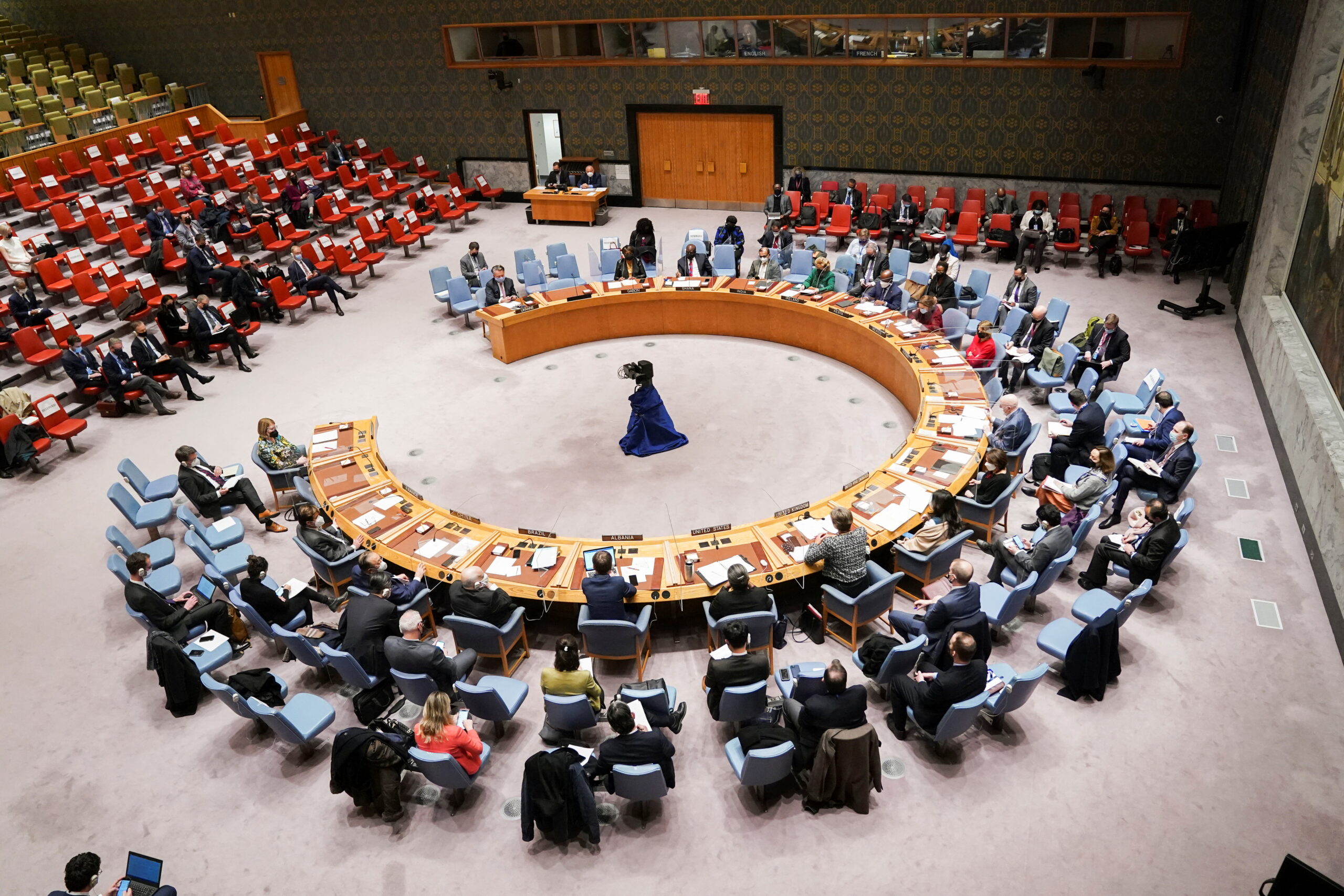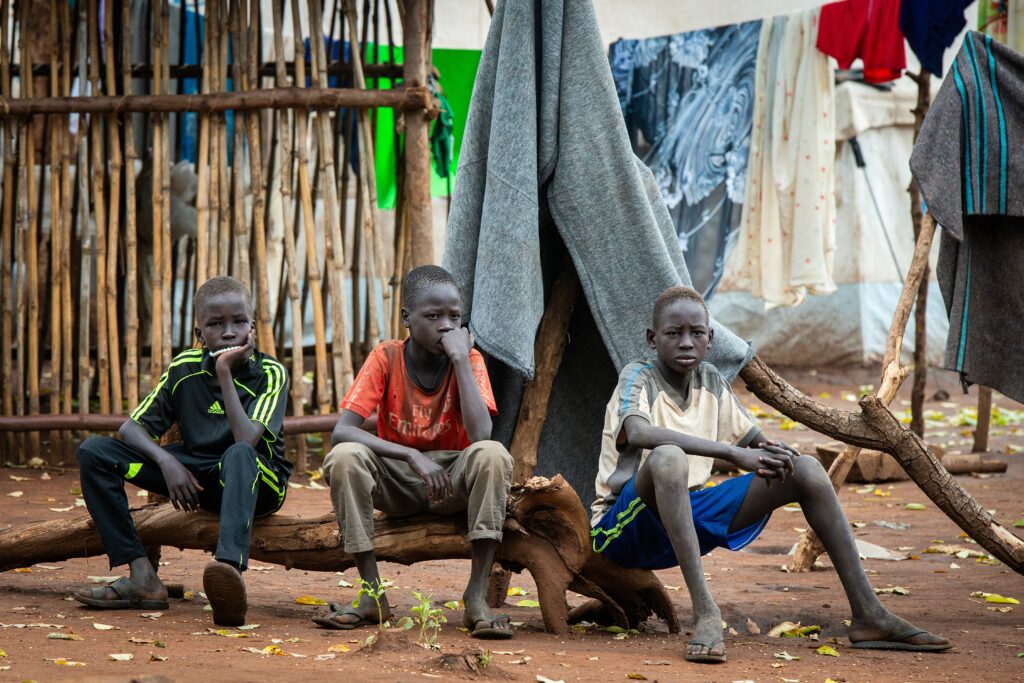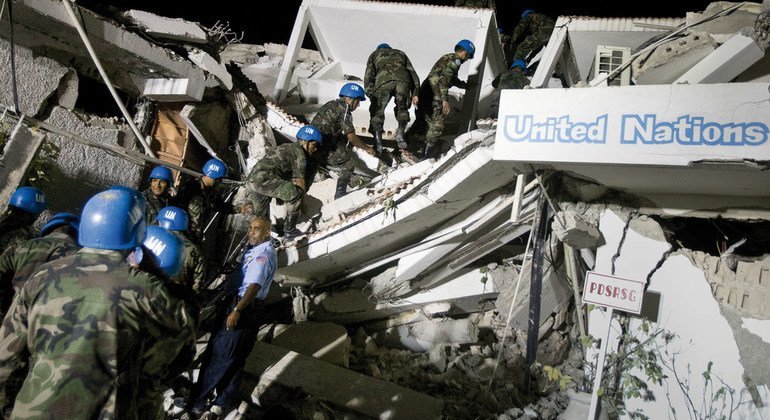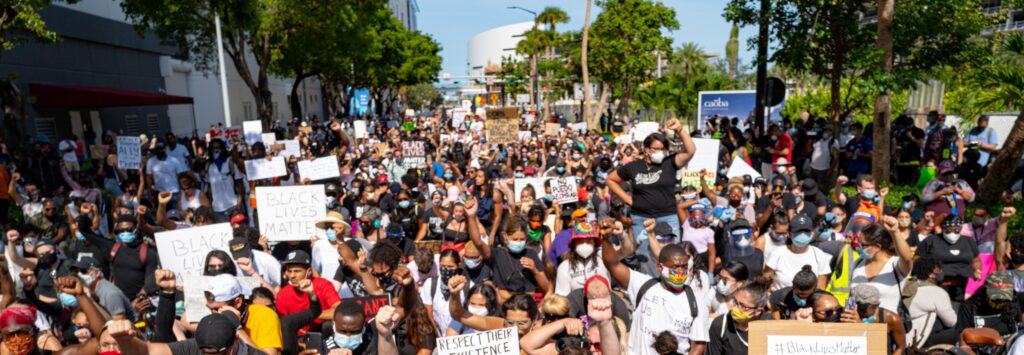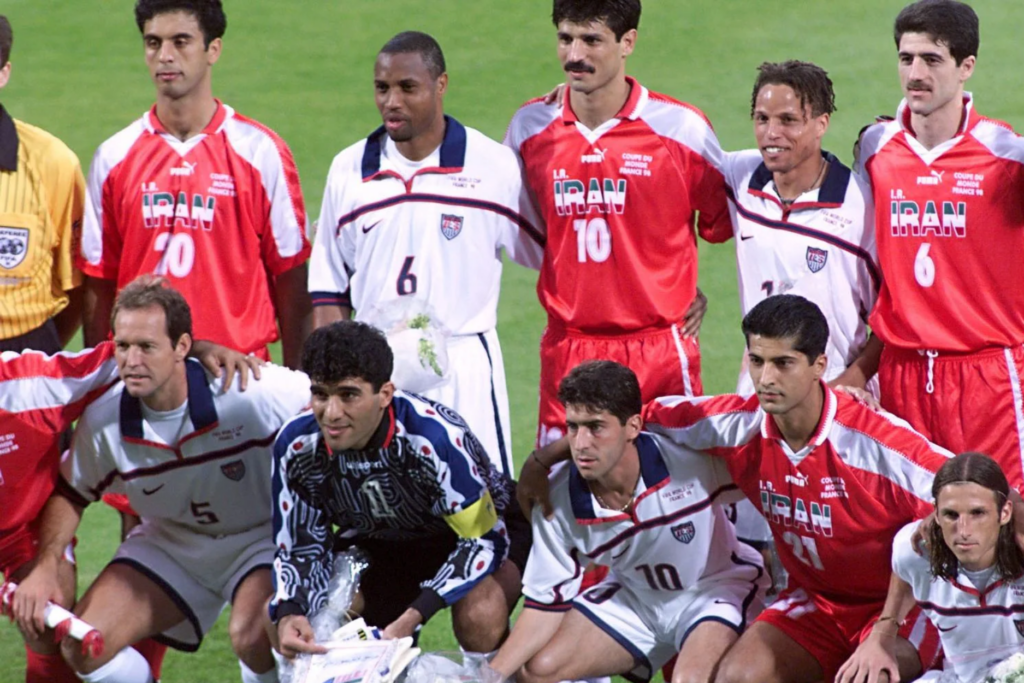Since the war between Israel and Hamas began in October, there have been four unsuccessful efforts in the UN Security Council to reach consensus on a resolution. This has caused many observers to ask what happens when world’s only body charged with maintaining international peace and security can’t agree.
Here’s some history and context on the storied Council veto.
Who can veto UN Security Council actions?
When the UN Security Council was established, veto power (notably absent from the UN Charter), was only granted to the five permanent members of the Council. The “P5” include the U.S., China, France, Russia, and the United Kingdom, chosen because of their key roles in establishing the UN. There are also ten non-permanent members of the Council, elected by the UN General Assembly for two-year terms.
Despite decades-long efforts to reform the Council, the veto currently remains an exclusive privilege of P5 members only.
What happens after a veto?
When any of the P5 vote “no” in the Council, a resolution cannot move forward. Council members can, however, resolve their differences and propose new drafts for a vote by the Council. They can also call on a vote from the wider UN membership – the 193 Member States that make up the General Assembly (GA).
Can a veto be overridden?
At the request of individual Member States, the GA President can convene a formal meeting within 10 working days of a veto by one or more P5 members. Member States can also request the GA President convene debate on the situation as to which the veto was cast, but only if the UN is not already meeting in a rarely called emergency special session on the same issue.
The goal of debate is for Member States to make recommendations, which may include the use of an armed force to maintain or restore security on the ground. These recommendations often take the form of a GA resolution. Importantly, while resolutions carry tremendous political weight, they are non-binding and do not carry the force of international law, as do some measures agreed on in the Council.
What is an emergency special session?
In extraordinary circumstances and by request of a member of the Security Council (either permanent and non-permanent members), or by a majority of the full UN membership, the GA President must convene an emergency special session within 24 hours of a request.
Once convened – under a 1950 resolution known as “Uniting for Peace” – the UN’s entire membership considers the matter immediately, with the aim of making recommendations for collective measures.
Only 11 emergency special sessions of the GA have been convened since 1945, with five pertaining to the Middle East. The eleventh emergency special session was held in late February 2022, six days after Russia’s invasion of Ukraine.
Does Council inaction mean the UN’s hands are tied?
No. UN diplomatic and humanitarian efforts – such as in the current crisis in the Middle East – can be fully mobilized, including through the UN Secretary-General. UN programs and agencies like UNICEF, WFP, UNDP and hundreds of partnering international and national NGOs are also free to continue their work to ensure the delivery of life-saving humanitarian support.
This resource is adapted from the United Nations.
